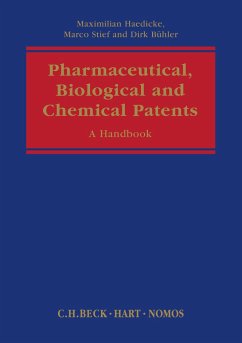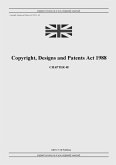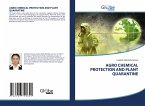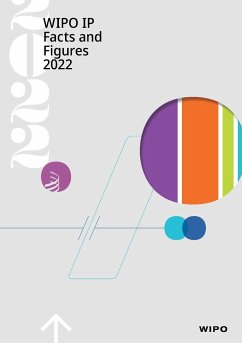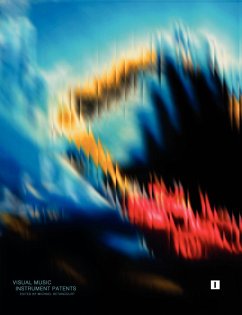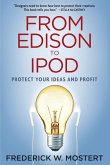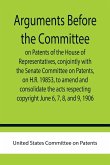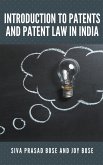This handbook provides an expert overview of the law surrounding pharmaceutical, biological and chemical patents. The topic of chemical and biological patents is of special importance in European and German patent law. The highly technical nature of patents in this area gives rise to special problems for patent lawyers in understanding, for instance, structural alterations like polymorphism and enantiomerism, which lead to a derivative of a substance that is comprised in the prior art. It is a legal question whether and under what circumstances such alterations are treated as novel, and in which cases they are part of the state of the art. Even if a substance is prior art, a new medical use can be patented. Dealing with natural occurrences of a substance is also a problem for patent law, as is the difficulty of understanding how different identifications of a substance and the resulting patents interrelate with each other. This book provides an expert overview of all these questions. Past decisions of the European Court of Justice (ECJ) concerning broccoli and tomato patents, as well as embryonic stem cells, have highlighted the importance of this field of law. Most of the proceedings regarding chemical and biological patents have been held in German courts, and the German jurisprudence has often been the basis for ECJ decisions. Thus, German case law is used to illustrate the commentary.
Hinweis: Dieser Artikel kann nur an eine deutsche Lieferadresse ausgeliefert werden.
Hinweis: Dieser Artikel kann nur an eine deutsche Lieferadresse ausgeliefert werden.

